Popular Boats
SHOP BY BRAND
SHOP BY BRAND
Ladies at the Helm Classes
Ok ladies, whether you are the Captain of your own boat or the First Mate, confidence in boating is important. The real truth is, more often than not, women have some level of hesitation when asked if they will operate the boat. Sure, operating the boat out in the open is no big deal, but what about docking? Or maneuvering in tight spaces? Or crowded waters? You never know when a situation may arise that you need to step up to the helm. Be prepared and fear not! We’re here to help by giving you the tools to take that helm confidently and proudly!
MORE ABOUT THISBOAT DEALERSHIP / BROKERAGE IN
WEST FLORIDA
Thunder Marine is an authorized Jeanneau, Regulator, Sportsman, Monterey boat dealership, and brokerage in West Florida, serving the Gulf Coast. We are proud to carry a large selection of new and pre-owned inventory. When you are ready to invest in a new boat, our friendly and knowledgeable sales, financing, service, and parts departments are prepared to make sure your experience is outstanding, from assisting while you’re making your choice to ongoing maintenance and customization. At Thunder Marine, we value the opportunity to create a long-term relationship with our customers, and we do that by giving you the best customer service available.
happy customers
Debra P.
“I thought true customer service was a thing of the past, but not here. What an awesome company and the owner cares about his people and the customer! I would recommend Thunder Marine to any boater, new or experienced.”
Debra P.
“I thought true customer service was a thing of the past, but not here. What an awesome company and the owner cares about his people and the customer! I would recommend Thunder Marine to any boater, new or experienced.”
Debra P.
“I thought true customer service was a thing of the past, but not here. What an awesome company and the owner cares about his people and the customer! I would recommend Thunder Marine to any boater, new or experienced.”
Ladies at the Helm Classes
Ok ladies, whether you are the Captain of your own boat or the First Mate, confidence in boating is important. The real truth is, more often than not, women have some level of hesitation when asked if they will operate the boat. Sure, operating the boat out in the open is no big deal, but what about docking? Or maneuvering in tight spaces? Or crowded waters? You never know when a situation may arise that you need to step up to the helm. Be prepared and fear not! We’re here to help by giving you the tools to take that helm confidently and proudly!
MORE ABOUT THISWe’re on
YouTube
VISIT PAGE








We’re on
Instagram
VISIT PAGE
happy customers
Debra P.
“I thought true customer service was a thing of the past, but not here. What an awesome company and the owner cares about his people and the customer! I would recommend Thunder Marine to any boater, new or experienced.”
Debra P.
“I thought true customer service was a thing of the past, but not here. What an awesome company and the owner cares about his people and the customer! I would recommend Thunder Marine to any boater, new or experienced.”
Debra P.
“I thought true customer service was a thing of the past, but not here. What an awesome company and the owner cares about his people and the customer! I would recommend Thunder Marine to any boater, new or experienced.”


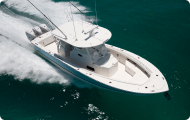
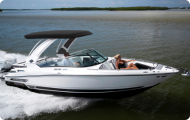
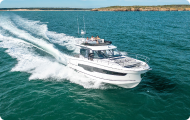
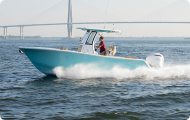
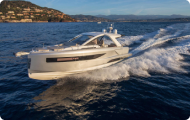

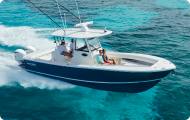

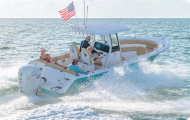

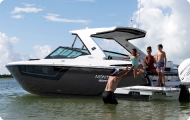

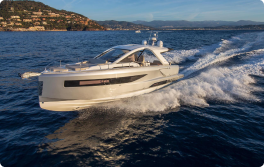

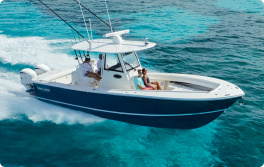

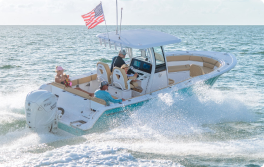

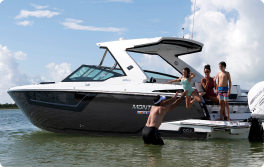

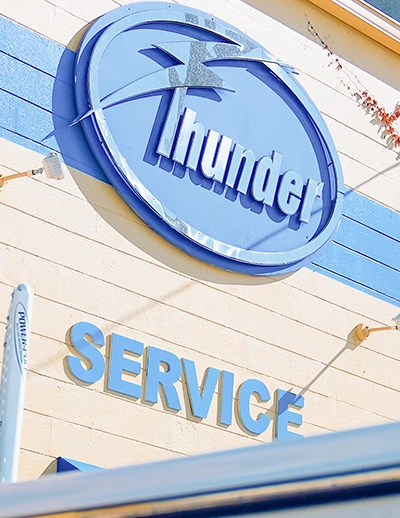
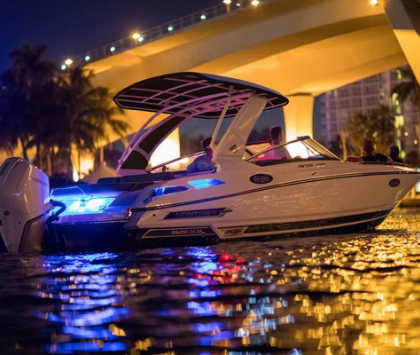










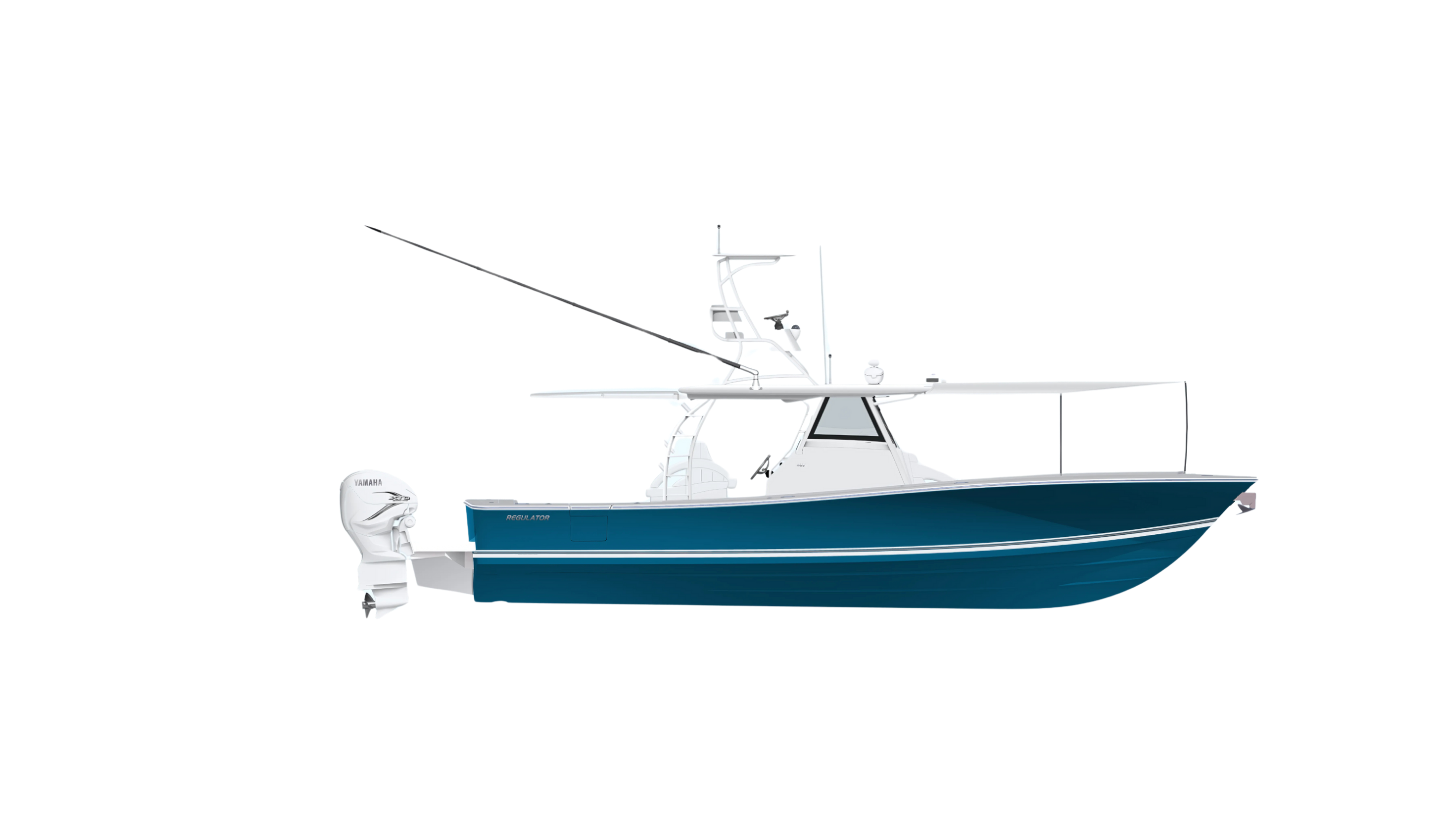

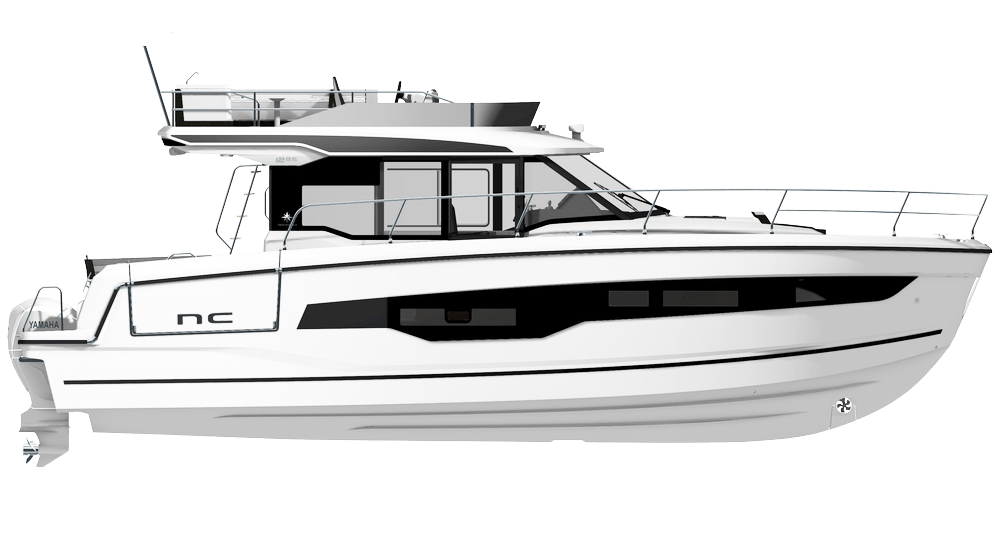

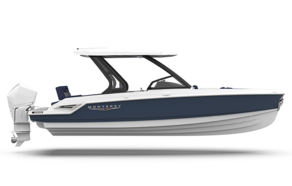

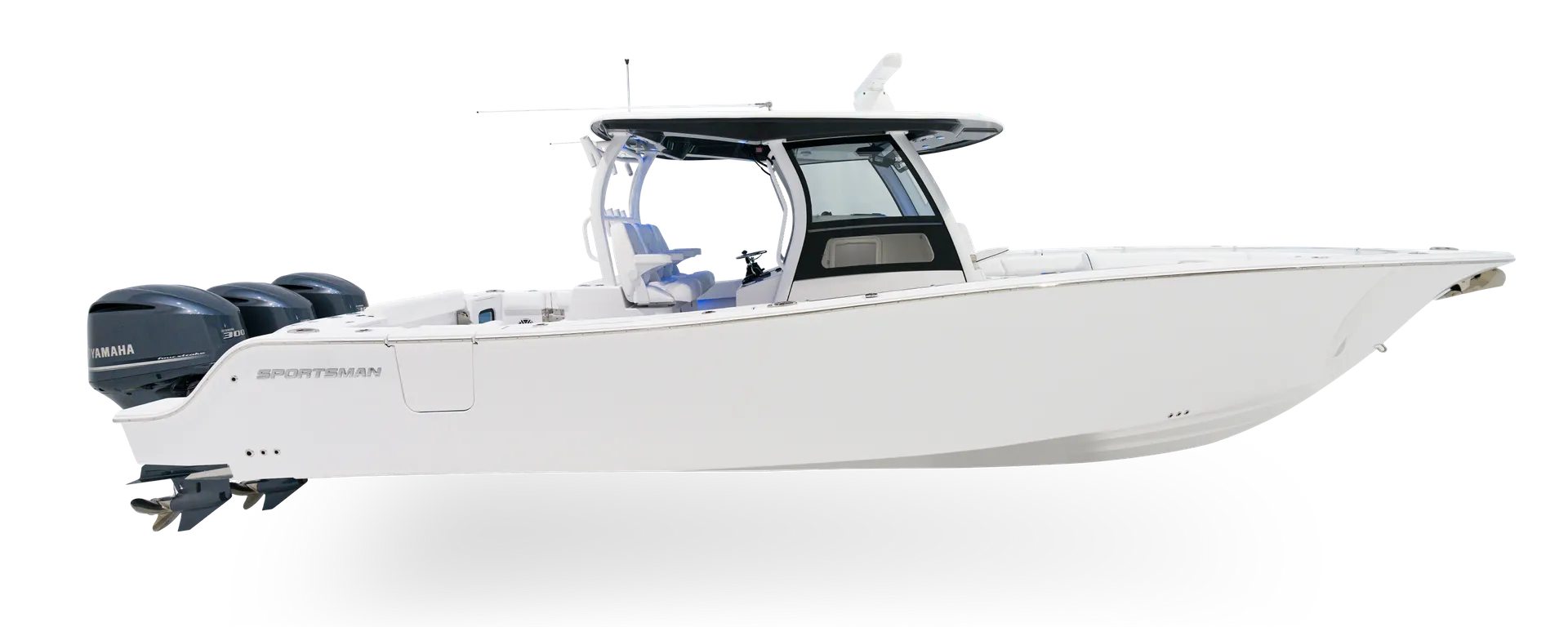

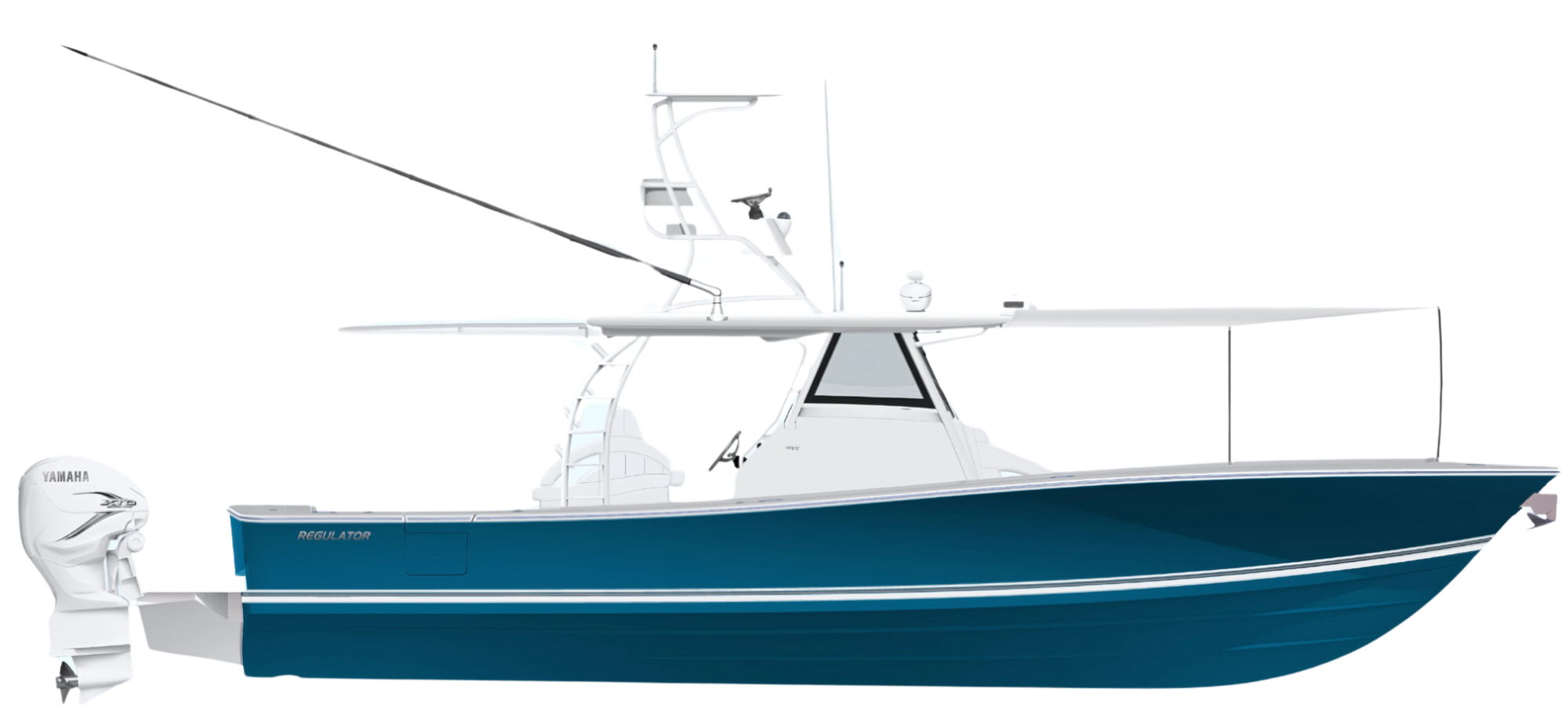
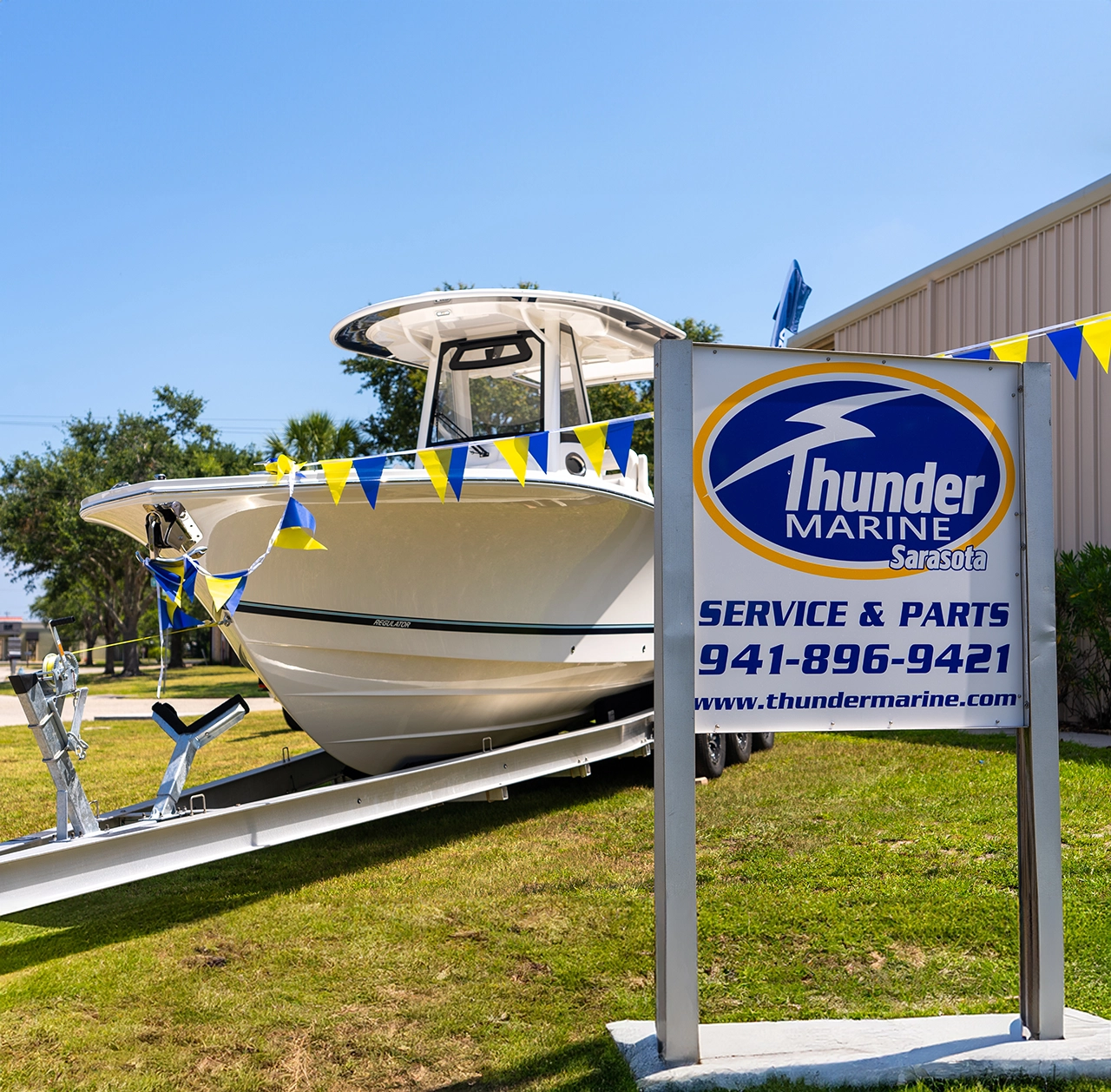
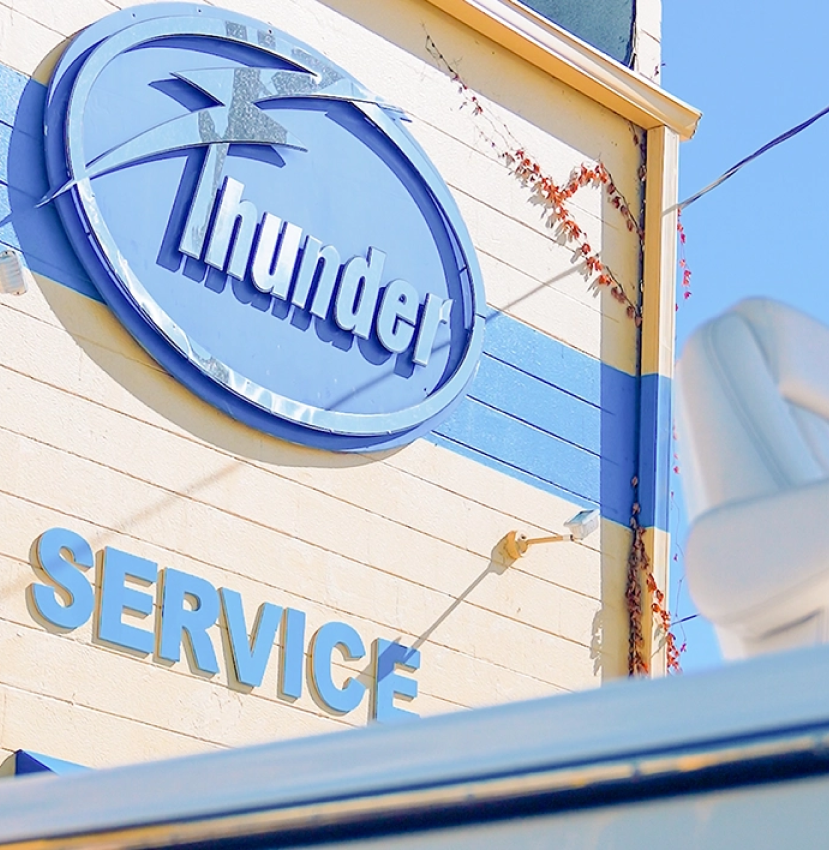
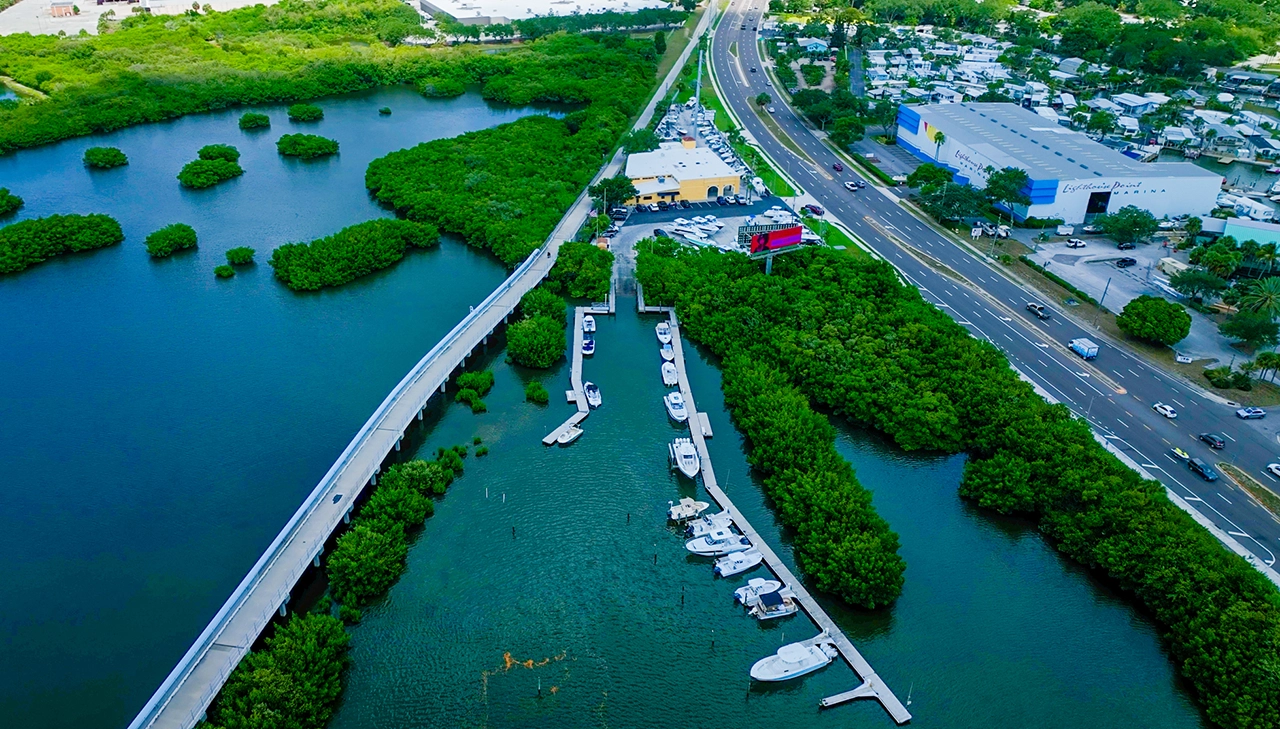
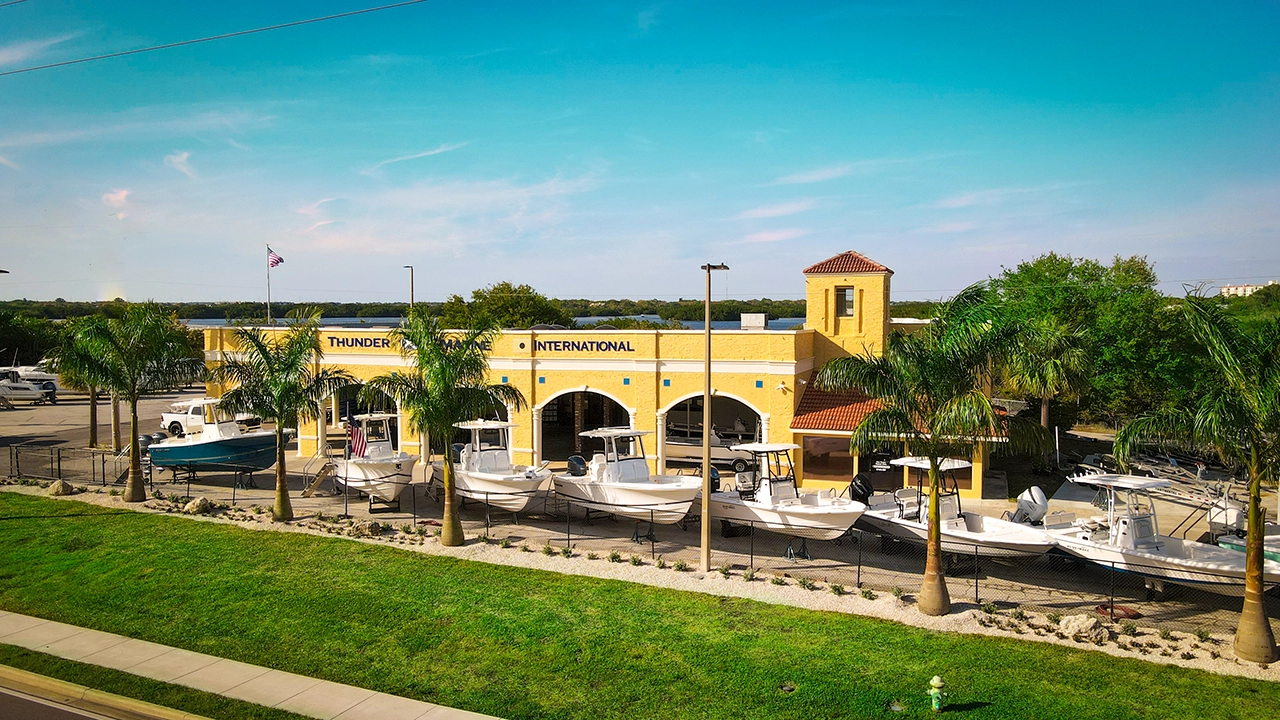
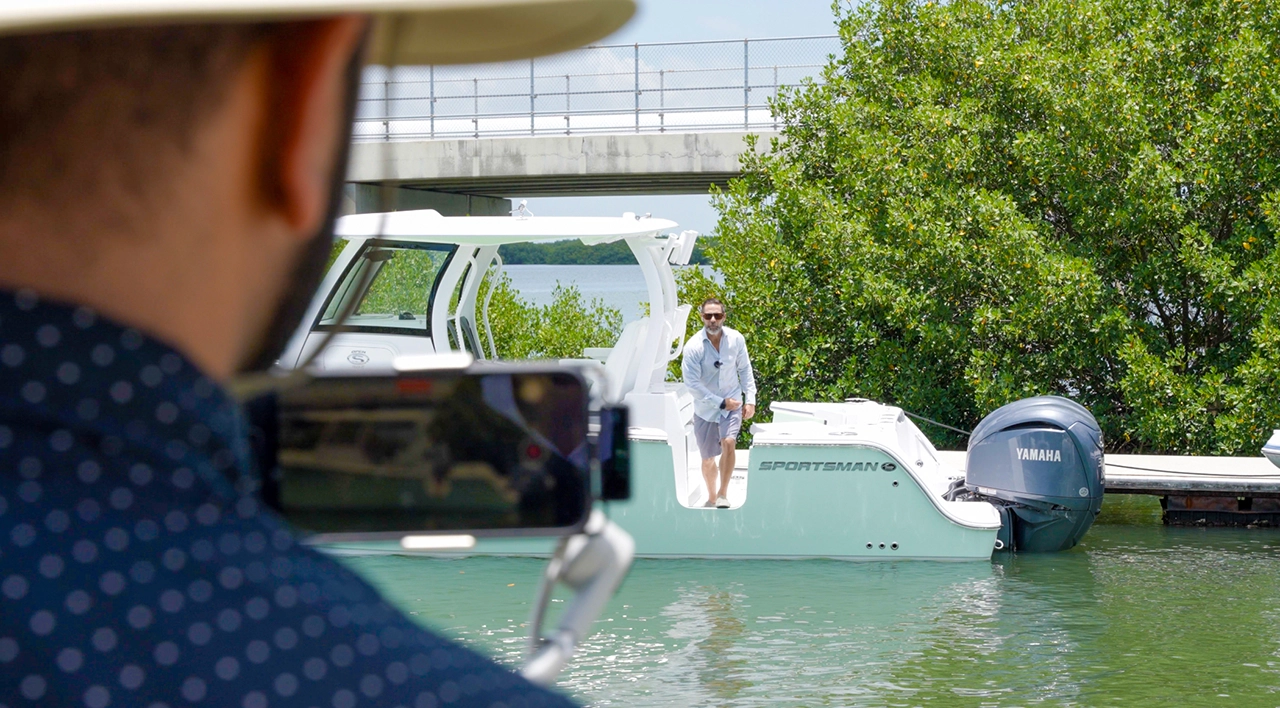
.webp)
.webp)